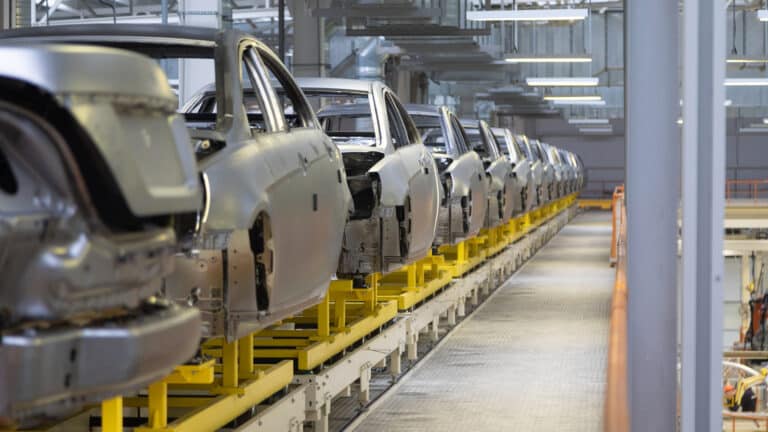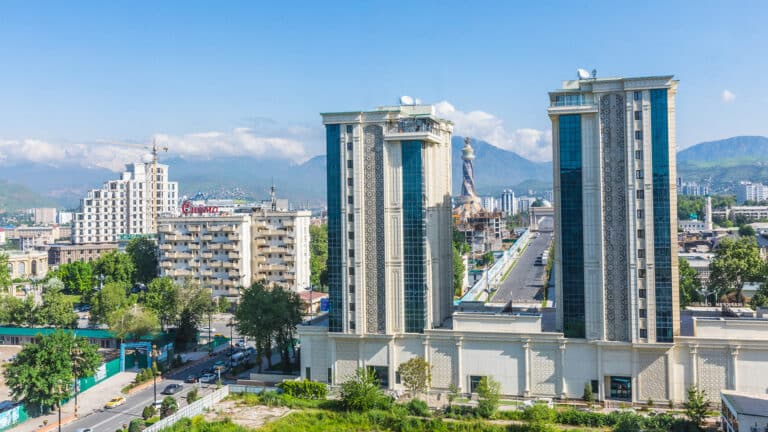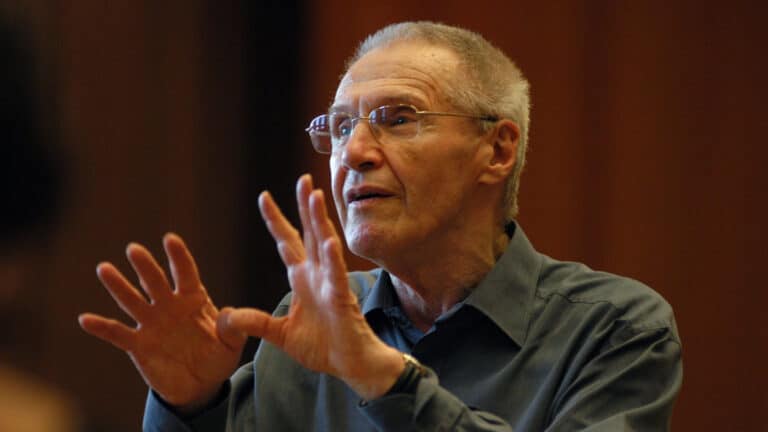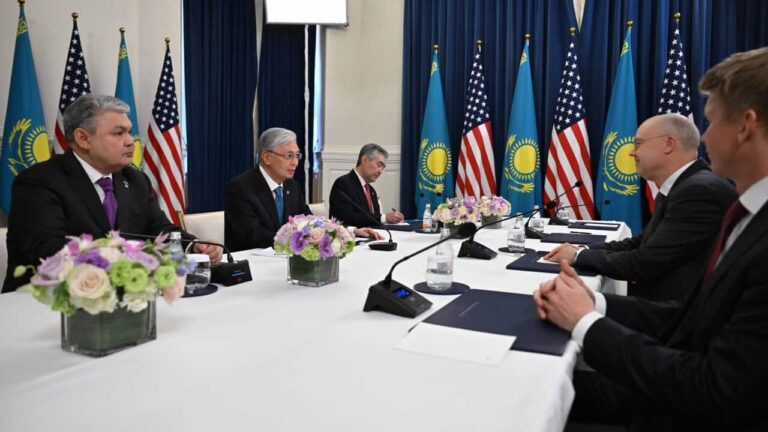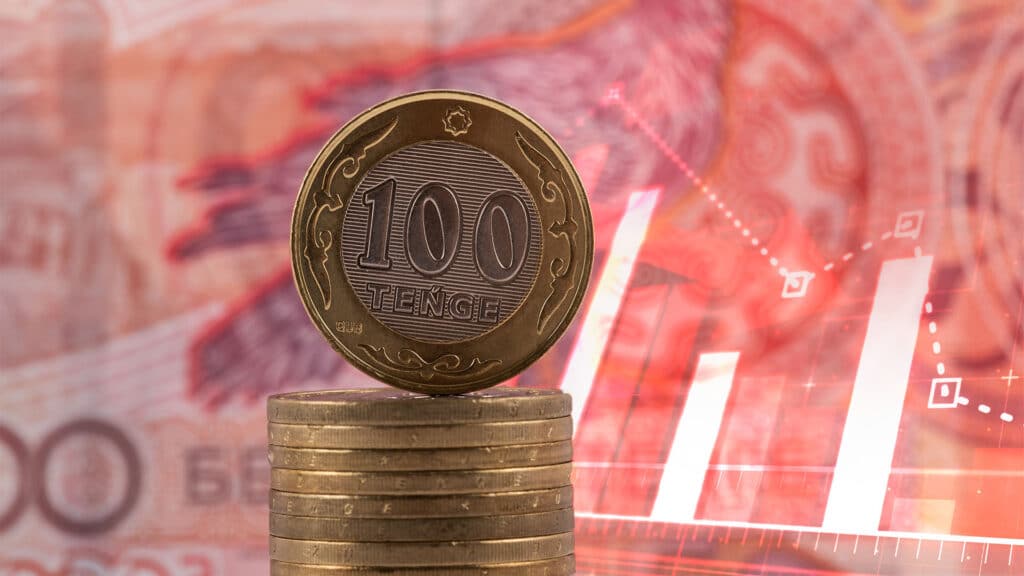
The National Bank’s monthly survey indicates 36% of its respondents expect their financial status to improve next year. Around 40% believe their welfare won’t change, while 13.4% reported pessimistic sentiment on the issue. The survey reached 1,500 respondents throughout the country.
Half of the respondents reported a price increase last month, 26% said prices surged and 16% observed no changes. Among those who reported a price increase, 66.2% pointed to food products as the most rapidly growing category in terms of price.
In September, the percentage of respondents expecting a sharp price increase decreased from 19.7% to 14.7%, compared to the previous survey, while the number of those predicting a moderate increase has risen from 48.2% to 56.9%.
The majority of respondents indicated their salaries as the only source of income (74.5%), while 30.6% depend on government allowances, such as pensions and scholarships, and 8.9% receive financial support from maintenance payments or relatives.
Slightly more than a third of respondents have a monthly income between $313 and $627, while 21.7% earn between $627 and $1,045. In addition, 18.2% make between $209 and $313, and 11% earn over $1,045 per month.
More than half of respondents (65%) said that they have no savings. Those who do have savings (27.2%) mainly deposit them in banks (55.3%), whereas 40.9% prefer cash, 24.1% invest in real estate, and 6.9% in securities. Over the last year, only 42% were able to grow their savings.
Over 55% of respondents reported that their financial situation remained unchanged over the past twelve months. Meanwhile, roughly equal shares said their situation had either improved (20.4%) or worsened (20.6%).
About 30% of respondents expect next year to be generally good for the country, but with several reservations; 27% see it as neutral and 15% see it as entirely good. For the next five years, 35% predict a neutral outlook, and only 24.4% believe the years will be favorable.




